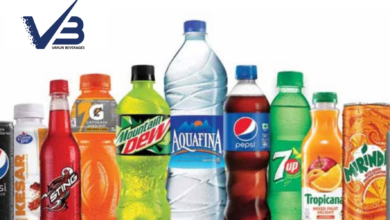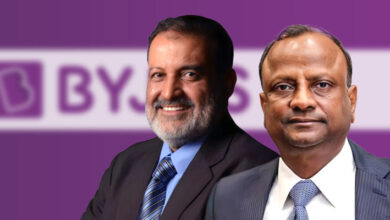Introducing Bigbasket’s “quick-commerce” test: a 10-minute dash shakes a 10-year-old cart that hasn’t moved in a while.

He is on the back foot. Younger, more hungry quick-commerce businesses are eating from its plate. The undisputed leader in e-grocery is seeing some of its more than 25 million users start using Swiggy Instamart, Zepto, Dunzo, Blinkit, and even the new Ola Dash. This is the result of a decade of hard work.
People who work for Bigbasket and in the industry say that the company isn’t growing at its expected rate, especially in its BB Daily vertical. Many of its digital-savvy customers quickly switch to its new competitors, the 10-minute delivery startups.
BB Now, owned by the Tata Group, is already available in some parts of Bangalore and a few other cities. It promises 20-minute delivery times for specific PIN codes. This is what someone who works for the company says: By the end of this fiscal year, Bigbasket plans to set up 300 “dark stores.” These stores will be used for BB Now deliveries. If Bigbasket didn’t get in on the instant delivery game until late last year, that could end up costing them money.
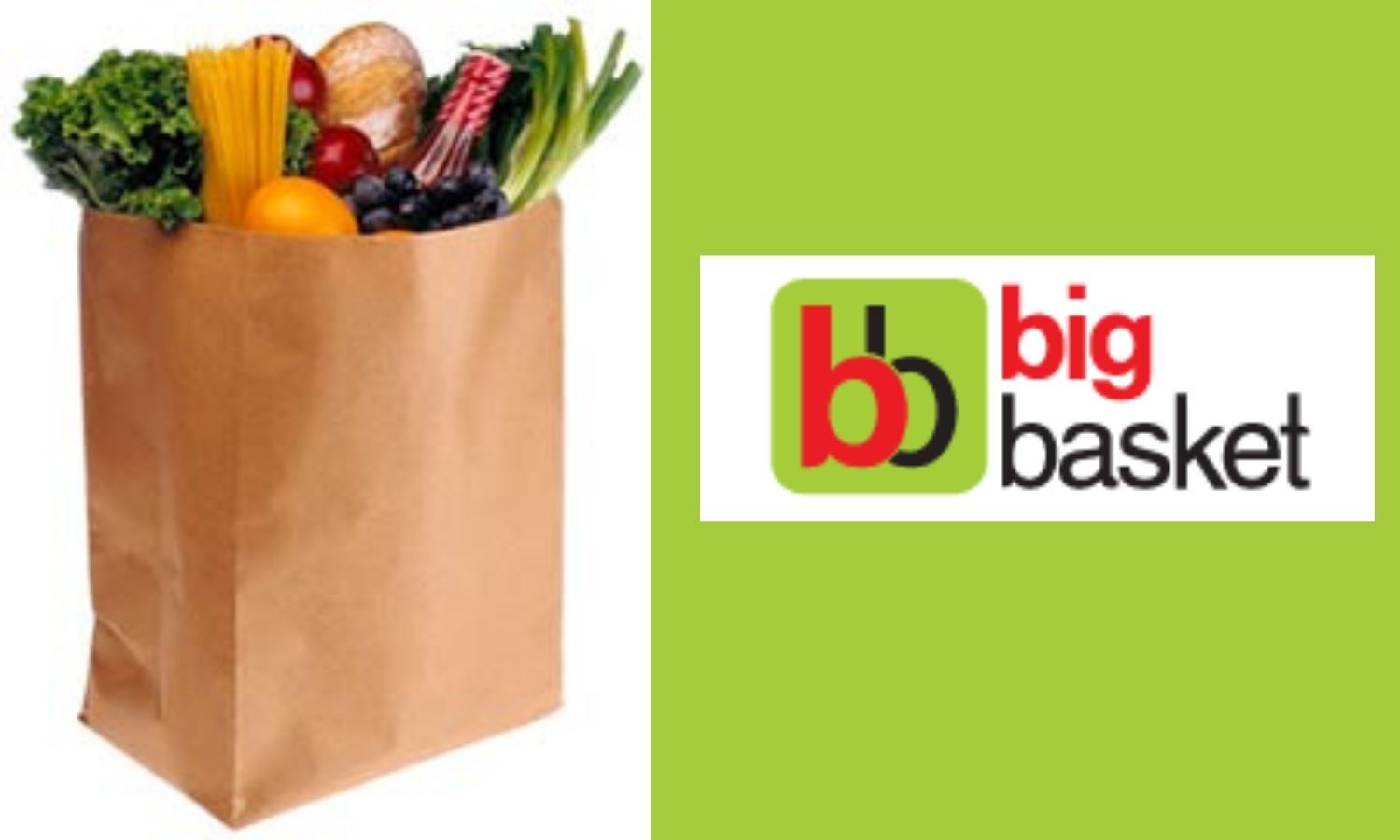
Hari Menon, the co-founder and CEO of Bigbasket, told ET Prime that the company has already opened about 20 stores in Bengaluru. By the end of February, there will be 35 stores. Right now, we have 42 stores in the rest of India, and they’re in eight Tier I cities. There is a lot of growth in this business. During February, we will have about 120 stores in these eight cities. By early April, we’ll have 310.
However, two Bigbasket executives ET Prime talked to said they were worried about the company’s late entry into quick commerce. One of them, BB Daily, says that Bigbasket’s subscription service for milk, bread, and other essential food items didn’t get as many orders as it should have. The other official says that BB Daily hasn’t grown as much year over year as it used to.
There are 180,000 orders on the main app every day, and BB Daily has 260,000 orders every day, says Menon.
The goal was to reach 300,000 orders a day on BB Daily, which was a modest goal for growth. When ET Prime asked for anonymity, someone who knows its metrics said that even that hadn’t been met, but they didn’t want to be named.
“We didn’t have a goal for how many we should order.” Because the average order value was higher than planned, Menon says, “We met our goal.”
It costs INR1,500 to use the main app, but INR110 uses BB Daily.
During FY21, Bigbasket’s consumer-facing business made INR6,087 crore, almost double what it made in the same year in 2016. The company lost INR186 crore instead of INR424 crore last year, a significant change.
But Bigbasket might not be able to keep up with the fast-moving business.
On the other hand, Menon says that the company is on track to meet its revenue goal for this fiscal year. INR 8,200 crore has been earned this fiscal year, compared to a plan of INR 7,900 crore, as of January 2022. During this fiscal year, we want to make INR10,000 crore. We are well on our way to that goal. It’s possible that we could do better than that with a bit of luck.
There are a lot of consumer brands that sell their products on all of these sites. Some of these brands have seen newer platforms start to compete with Bigbasket. For example, in December 2021, Swiggy Instamart was just a little ahead of Bigbasket when selling iD Fresh Food.
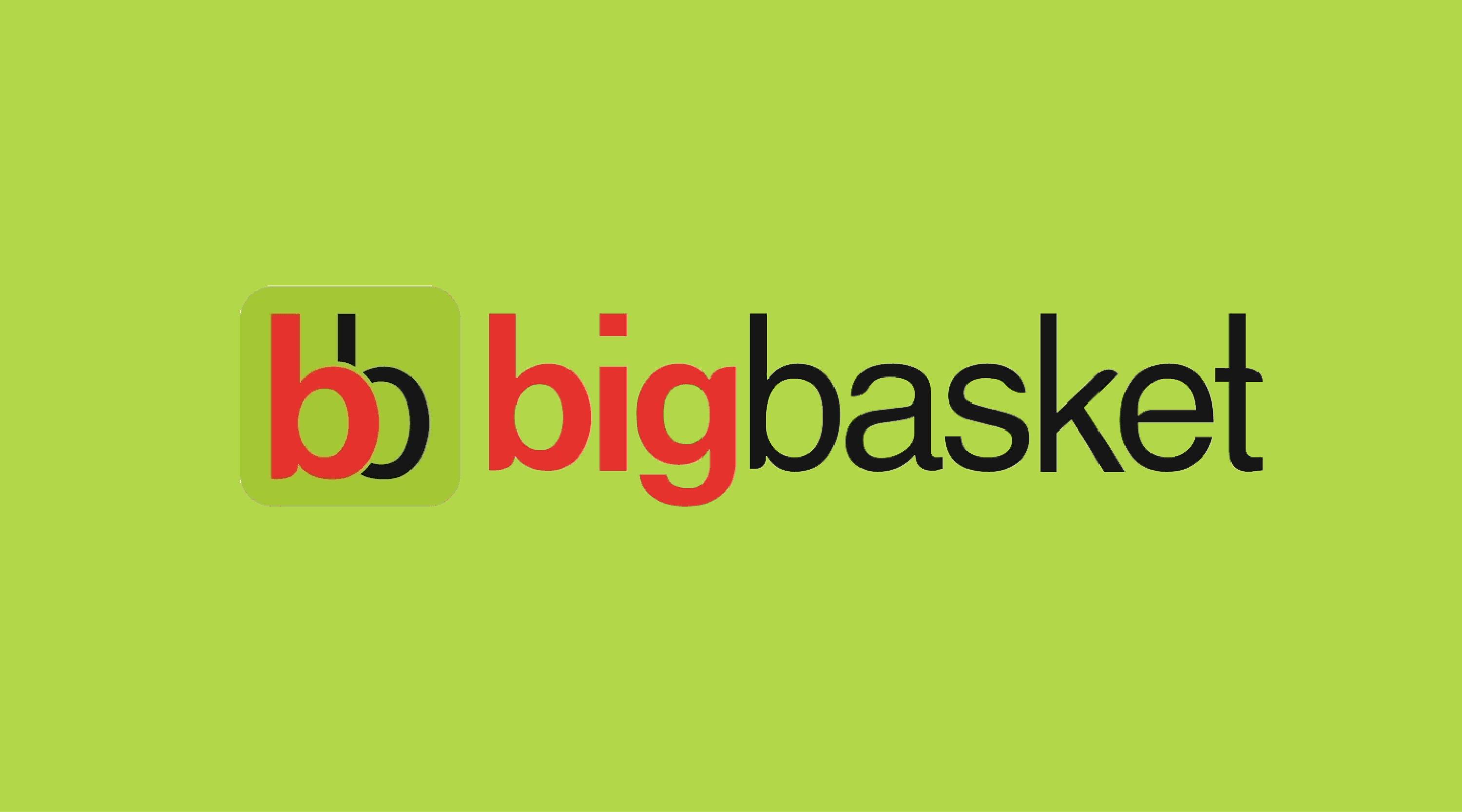
There has been a lot more growth through quick-sale channels since August 2021! Swiggy Instamart now has about the same sales as Bigbasket before we switched to it. When it came to grocery shopping in December, Instamart was a little ahead of Bigbasket, but both are close to each other, the chief marketing officer for iD Fresh Food Rahul Gandhi told me.
It used to be that only 10 per cent of sales for the Bengaluru-based food products company went through online channels before the pandemic. Now, almost 30 per cent of all sales go through online channels. Deals through quick-commerce platforms now match what iD Fresh Food sold through traditional e-commerce channels like Bigbasket, Flipkart, Amazon, and more. Gandhi says this is the same as what iD Fresh Food sold through these channels.
In short, quick commerce is suitable for products that have a short shelf life. People who work for Hector Beverages, which makes Paper Boat drinks, say that the rise of quick commerce has been good for the company. It’s a big thing for Paper Boat products to get people to buy them right away, even though they might not have planned to do so. “Quick-commerce players are seeing strong traction and growth,” Kakkar says.
He says that quick commerce is growing more quickly than other types of online shopping and that this is a good thing. A lot more of the company’s business now comes from online sales, which used to be only 5% to 6% of its business before the pandemic, and this is up from 5% to 6% before the pandemic.
The rise and rise of quick business
On the other hand, instant delivery could change the rules of the game in grocery e-commerce. It takes Blinkit and Zepto just 10 minutes to get your package to some places in a lot of cities, and Swiggy Instamart and Dunzo say they can deliver anywhere in 15 to 30 minutes. For the first time in years, Ola, too, is back in the grocery delivery business with Ola Dash.
This is a critical time for each of these businesses to quickly grow and take over the market. This has sparked a race to set up dark stores and hire delivery people. In addition, they are spending a lot of money on hiring tech talent, giving discounts, and advertising. Players like Swiggy, Dunzo, Zepto, and Blinkit have raised about USD1.2 billion in the last three months. This could lead to a fierce capital war that could leave many people with blood on their hands. They plan to spend more and raise more money in the coming months, and big investors like Reliance, SoftBank, Naspers, and Tiger Global are giving these startups extensive checks.
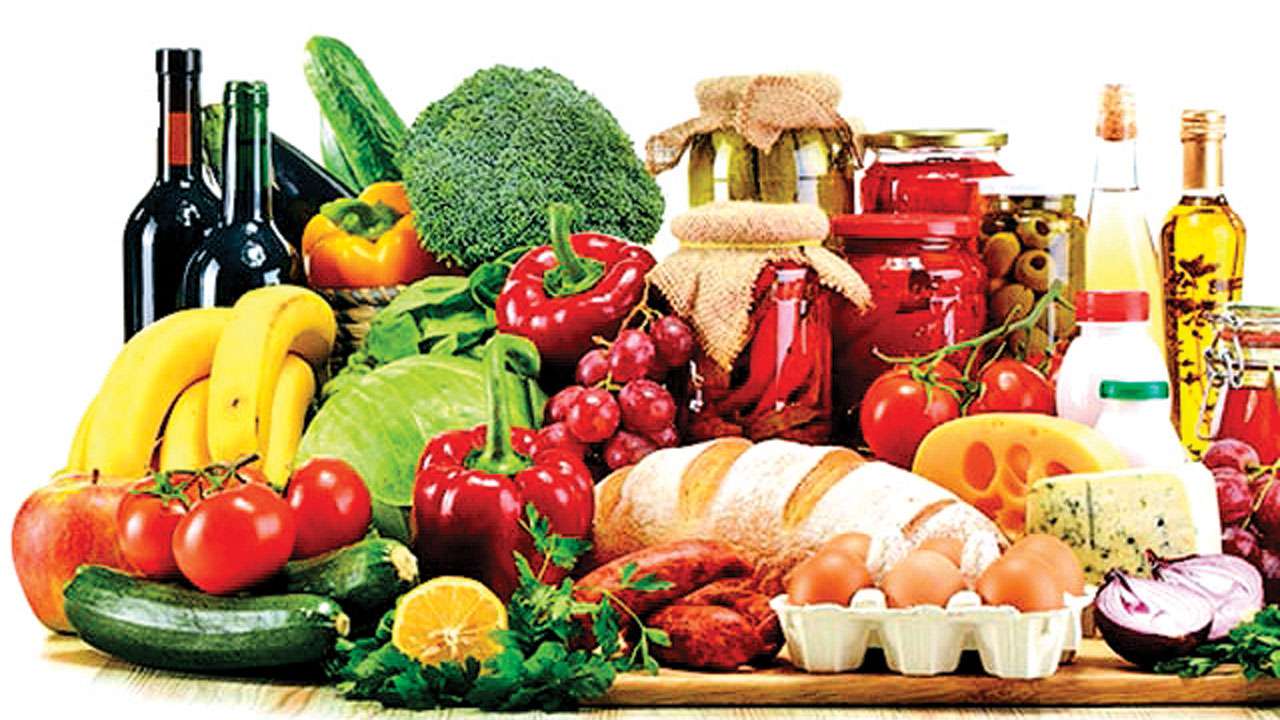
Last year, the founder of Blinkit (formerly Grofers) said that if his business didn’t take advantage of a chance, someone else would. “If we don’t take this chance, someone else will,” Albinder Dhindsa said. Blinkit became a unicorn with a fundraise led by Zomato last year that raised $120 million. The food-tech company is set to raise even more money from Blinkit. Zomato said last week that it had put together a war chest of about $400 million to help people buy things quickly.
It’s thought that there’s going to be a lot more demand for quick delivery, which is why there’s so much rushing around in the grocery store. According to a report by RedSeer, there are nearly 20 million Indian households that can be reached quickly through quick commerce. Top-ups and unplanned purchases make up two-thirds of India’s spending on things like food and clothes. It says that in metros and tier-I cities, about 70% of the investments are unplanned and add-ons.
Another significant change in consumer behaviour is that people are more interested in convenience than value. This means that grocery companies have a lot of room to speed up their deliveries. In the next few years, RedSeer predicts that quick commerce will grow at a rate of between 10x and 15x to reach a market size of about $5 billion by 2025. As I said before, this all-out competition means that there will be no restraints on spending.
The first signs of this trend can be seen. Among other things, a popular restaurant in the busy Bellandur neighbourhood of Bengaluru closed down a few months ago. What came up is a dark store where about 100 delivery people come every day, and they go to this place all day long.
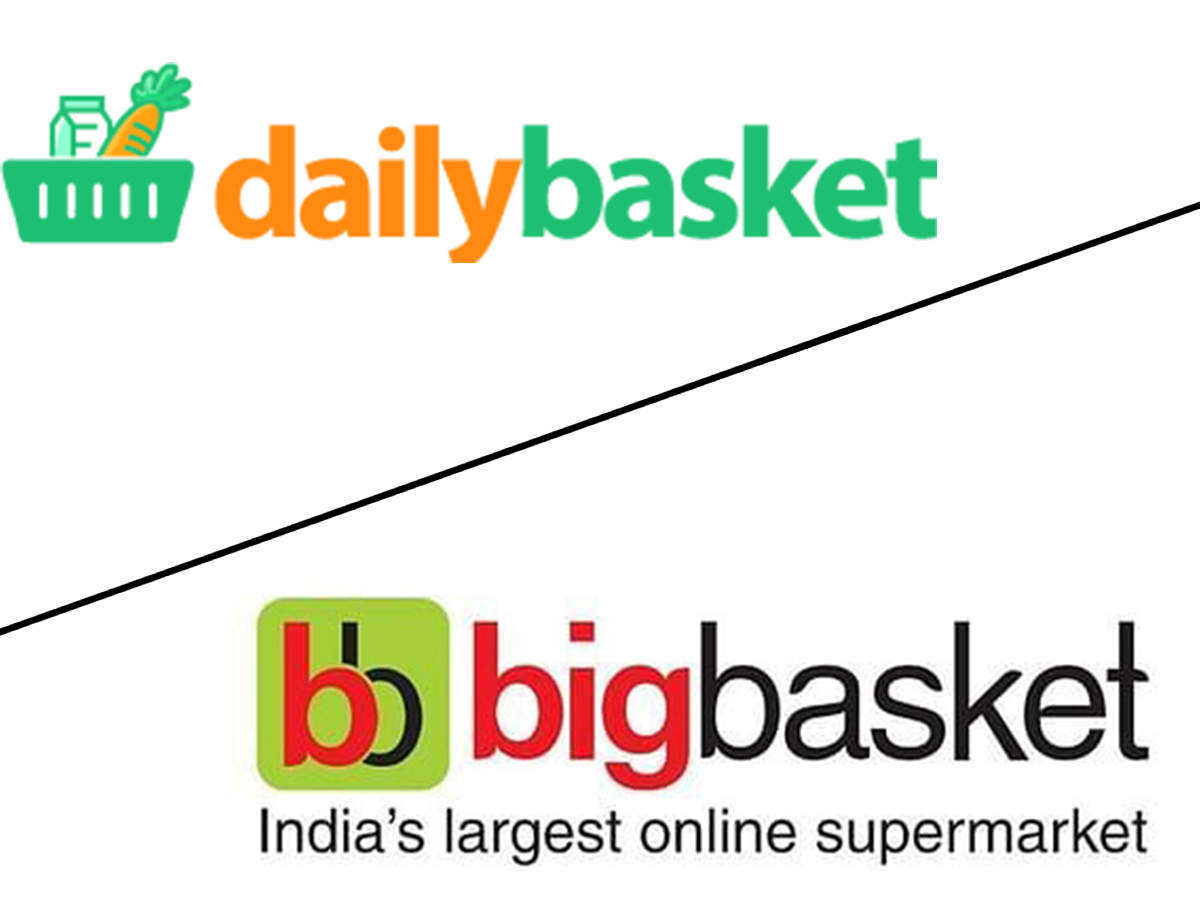
The dark store is part of the new Zepto trend that is so popular. The dark stores of the Mumbai-based startup aren’t always dingy godowns and empty movie theatres, and it rents out expensive places in good places and turns them into dark stores. On CMH Road, another place to see this is a busy street in Bengaluru’s Indiranagar.
Bigbasket executives say that while Zepto is snowballing, Swiggy Instamart is the biggest threat to the company.
Instant has been delivering groceries quickly since 2020 and has many strengths. If you’re looking for iD Fresh Food, a top official from an FMCG company says that the brand’s sales on Instamart have grown more quickly than on Bigbasket. The brand has sold more on Instamart than it did on Bigbasket.
It has become a decacorn thanks to a vast fundraise led by Invesco in January. Many new funds will grow with Instamart, which is already a big business. As the CEO and co-founder of Swiggy, Sriharsha Majety, said: “The GMV (gross merchandise value) our food-delivery service made over 40 months, Instamart made in just 17 months.”
Bigbasket made a bold move with this game.
Bigbasket didn’t like the idea of quick commerce even though its competitors were making a case for it. The math didn’t add up. Because a delivery person does more work doesn’t mean that the cost per delivery goes down. Then there is the cost of storing the goods, discounts, waste, and the risk of being stolen or lost.
This model hasn’t shown that it’s cost-effective in any country in the world so far. Even if the cost of operating in India is low, it may not be enough to make money. There are also questions about whether customers will stay with these new businesses when they start charging more for delivery, stop giving discounts, or change the delivery time. Bigbasket also knows that there will be a lot more competition soon because there is so much money when there is so much money.
Late last year in India, quick commerce started to become more popular. We wanted to wait and see how things would turn out in early 2022. Why did we not do this? “Because we were sure that the economics wouldn’t work out.”
BB Star members and other customers who buy more than INR399 get free shipping on all orders above INR199 for BB Star members and above INR199 for everyone else. “We don’t want any business that isn’t profitable and will hurt our main business,” says this person.
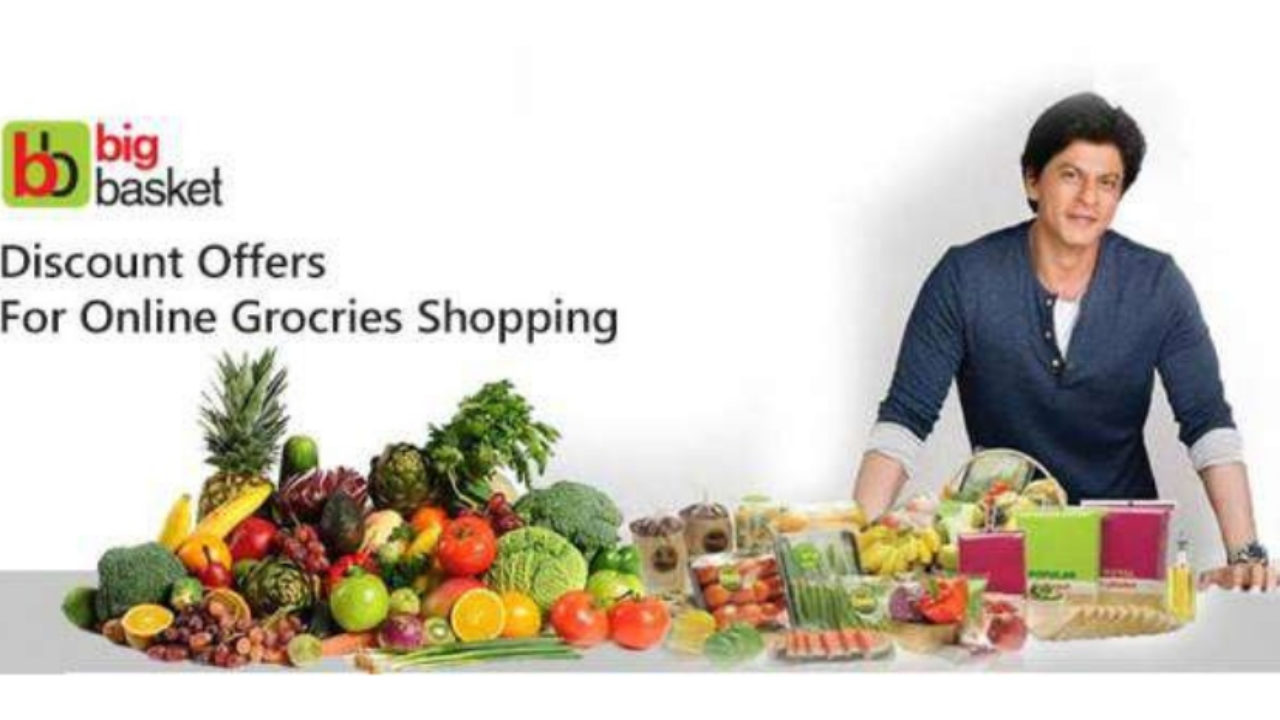
There were also a lot of questions about the business metrics that kept Bigbasket from making decisions quickly. The acquisition process was the main reason. It took two years for the company to be bought by the Tata Group and integrated with TataNeu, Tata Digital’s excellent app. This was a big deal for the company. Fresho stores have also been built, one of the people named above says.
Bigbasket had a problem when it came to quick commerce. It didn’t want to do anything that would hurt its primary business, which is set to make money soon. That’s why Tata Digital’s leaders wanted to look into quick commerce outside of Bigbasket and talked to Dunzo. The deal didn’t work out, probably because Tata was tough to get a deal with on the price. At this point, Reliance Retail came in and bought a strategic 25% stake in Dunzo at a value of about $800 million.
Tata, Swiggy, and Zomato have tried to buy Zepto, but its founders don’t want to sell. That means the Tatas don’t have anyone to buy right now in brisk trade.
When Bigbasket starts its quick-delivery service, this is going on around it. It has started with a few PIN codes in Bengaluru, but it could be a few months before all the dark stores are open. To make up for being late to the game, Bigbasket will play to its strengths. It has a strong sourcing and supply chain back end, and it has a broader selection than other grocery stores. Buying from Bigbasket and having a lot of private labels will help BB Now make a little more money.
The bottom line is:
Bigbasket isn’t the only company that has been surprised about grocery delivery, and Amazon and Flipkart have also been caught off guard. In the last year, Amazon merged its pantry service with Amazon Fresh. Since then, Amazon hadn’t grown as much as it did when both businesses were combined, a person who knows says.
A spokesperson for Amazon didn’t say anything about this but said that in November 2021, the two businesses were merged.
As for Bigbasket, it could get through the hyperlocal storm of 2015 and 2016. Players like Grofers and others could stay afloat with asset-light delivery models. It now has to compete with a whole new group of people who are better funded than those who have gone away.
It’s not like Bigbasket is a newbie when it comes to getting things quickly. BB Express, which was launched in 2016, promised 90-minute delivery times, and it started the service in 2016. In the same way, that was in response to the competition again. But when the e-grocery market was down to a few big players, the service was shut down. Probably, there is some hope that history will repeat itself in the background.
edited and proofread by nikita sharma


